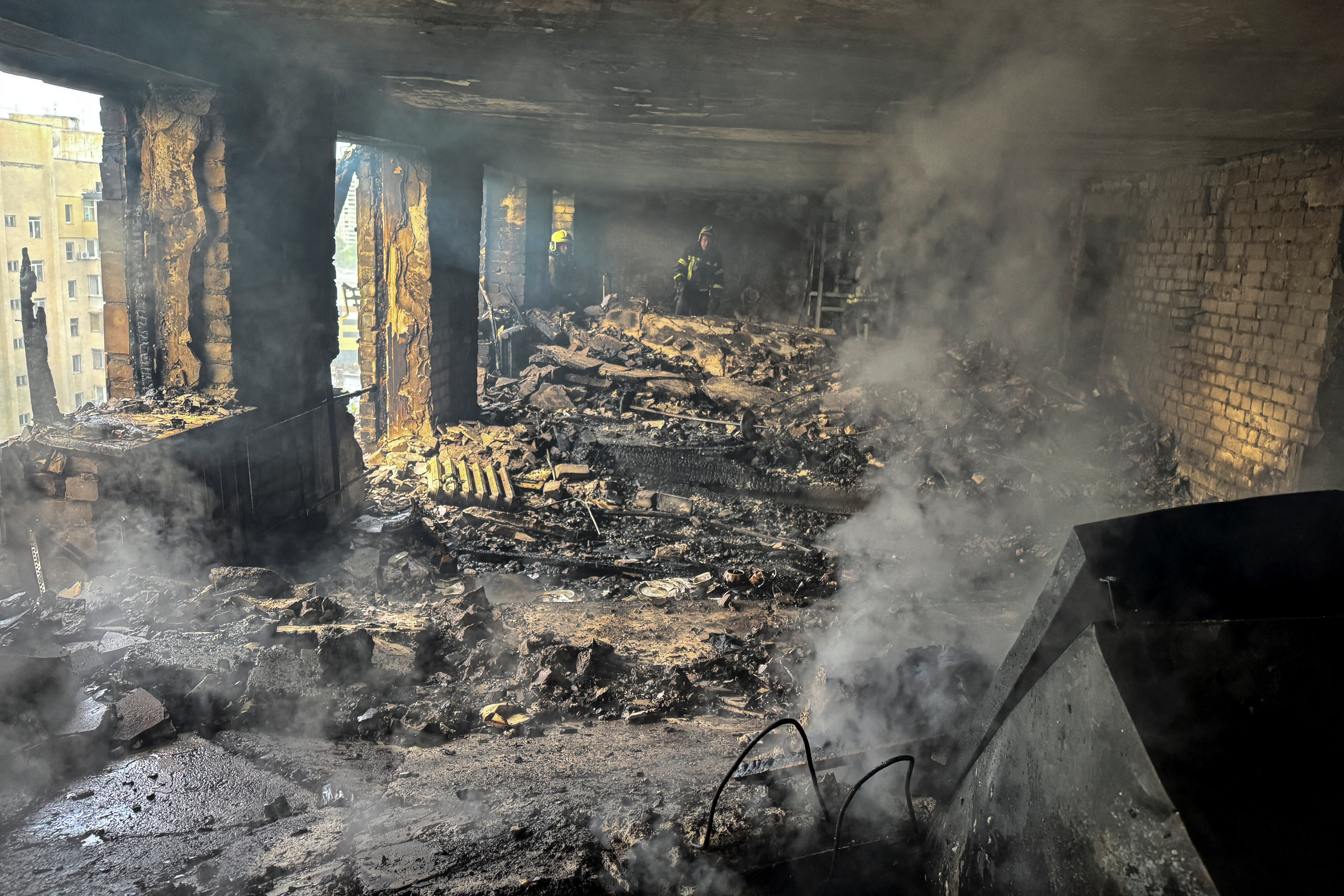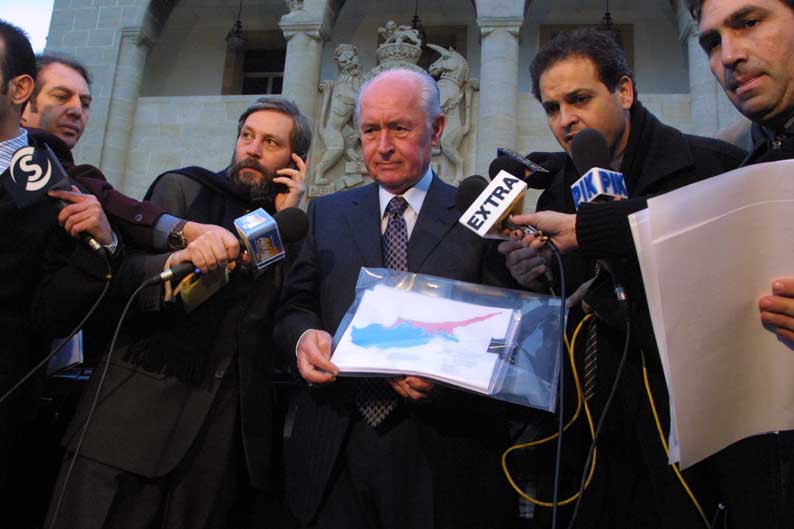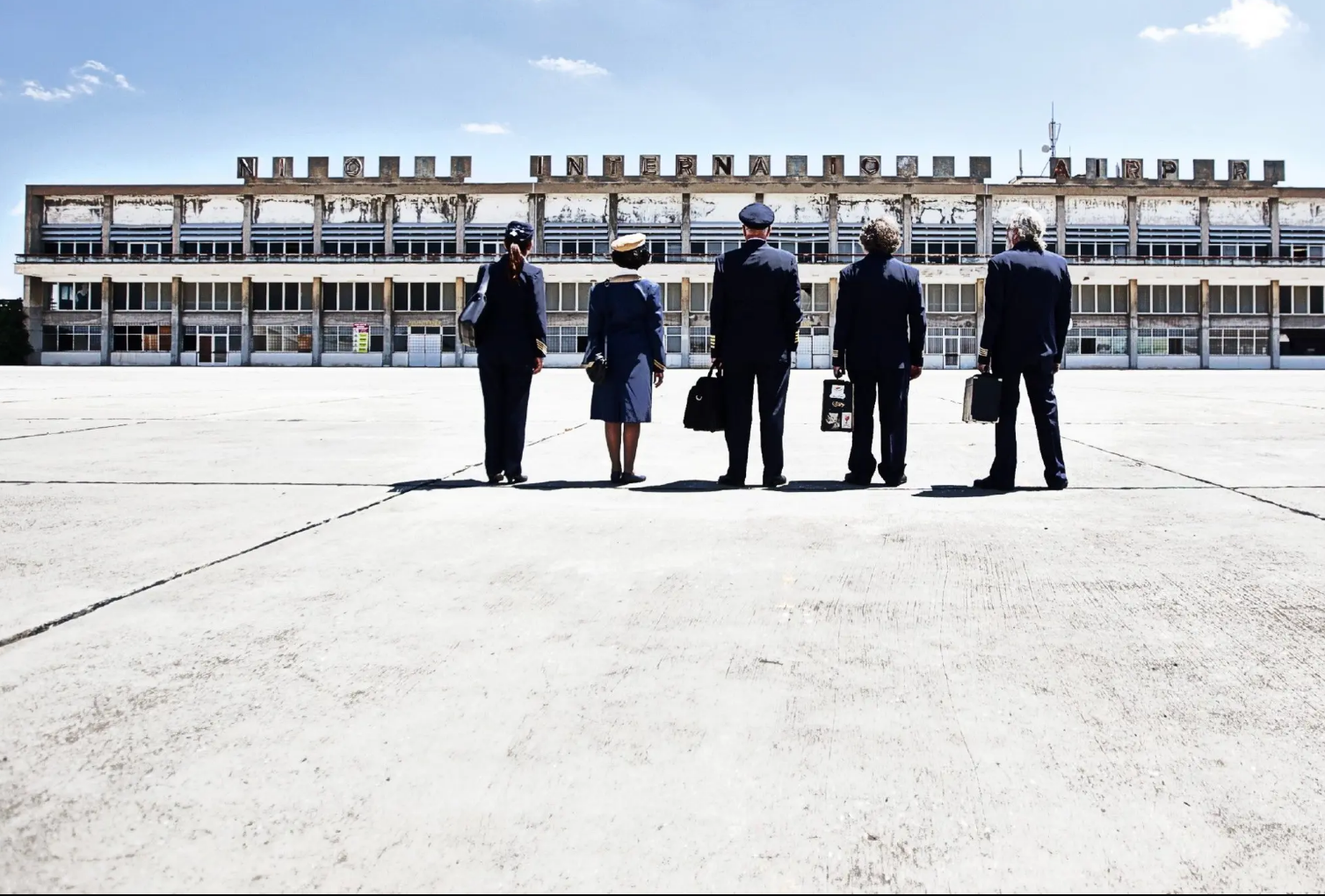‘We shall fight them on the keyboards and in cyberspace’
When the Soviet Union collapsed in 1990 and withdrew into its Russian shell, Nato countries benefited economically as the need to spend on defence decreased. The American historian Francis Fukuyama called the Soviet collapse the end of history, while US President George Bush and UK Prime Minister Margaret Thatcher rejoiced in the economic windfall that they branded the peace dividend.
We all know that history does not end, and now the bad times are back with a vengeance some of us look back in anger at the lost opportunity. Mediocre leaders in Europe are scrambling to rearm and persuade a sceptical public to go on a war footing and call it the defence dividend.
We are told the new wartime military industrial complex necessary to fight a modern war will generate jobs, wealth and opportunities. However, preparing for war can sometimes make it more likely and we all know that at the end of WWII Britain was virtually bankrupt, Germany and Japan were in ruins and the rest of Europe, including Russia, were impoverished.
And yet instead of trying to prevent a war, the big European powers are preparing for war again. In the UK, the prime minister even engaged in a kind of Churchillian ‘we shall fight them on the keyboards and in cyberspace’ call to arms the other day when he introduced Britain’s strategic defence review 2025. He called for a change in mindset from everyone, as in Nelson’s famous battle signal “England expects everyone to do his duty.” And although the PM was desperate to avoid causing panic, what he told the British people was clear: if you want peace, prepare for war.
Shortly afterwards, Russia’s ambassador seemed to suggest that Britain was involved in Ukraine’s multi-drone attack on Russia’s bomber fleet across the length and breadth of Russia in an operation spider’s web that destroyed a number of planes on the ground last Sunday. The ambassador did not seem to make the accusation seriously and it may be just a suspicion based on the exploits of James Bond rather than anything more sinister, but there can be no doubt we live in dangerous times.
In the meantime, Germany’s new leader Friedrich Merz navigated an uneventful encounter at the White House with President Donald Trump after making it clear that, unlike previous German governments, he is prepared to adopt a more muscular military policy in Europe.
Previously, Germany sublimated its military virility into building its economy and producing stronger and better cars and other high-quality machinery known for its precision, function and power. Its Commander-in-Chief Carsten Breuer warned last week that Russia is likely to attack a Baltic state within the next two years because, he argued, it was building far too many tanks for use just in Ukraine.
And Germany has committed a combat ready brigade of 5,000 elite German troops to Lithuania who will be housed in a former Russian base. A deployment of German troops so close to Russia is not wise. It may make military sense to Lithuania but it is a dangerous escalation given the Wehrmacht’s attack on Russia in Operation Barbarossa in 1941 in which millions of Russians died.
Trump wants Germany to become more militarist and reduce its export of top-quality cars to America. With a German-born grandfather, he must know there were sound historical reasons why Germany changed from being militarist to pacifist.
The deployment of German troops close to Russia may also be unlawful under the Two Plus Four Treaty on the Reunification of Germany of 1990. This was the final settlement between the victorious allies of 1945 – America, Russia, Britain and France – and the Federal Republic of Germany (West Germany) and the German Democratic Republic (East Germany) that succeeded the Third Reich.
The treaty established a unified Germany but it also made acts taken with intent to disturb peace between nations unconstitutional and a punishable offence. Germany was not allowed to manufacture weapons of mass destruction or to have nuclear weapons deployed in the former East Germany.
This provision makes it clear that Russia withdrew from East Germany provided its withdrawal did not, in principle, expose Russia to a more proximate nuclear threat.
The modern states between East Germany and Russia – Poland, Czech Republic, Slovakia, Hungary, Romania, Bulgaria and the Soviet States of Estonia, Latvia, Lithuania, Belarus and Ukraine – were part of the Warsaw Pact (Nato’s communist rival defence alliance) at the time of the Four Plus Two Treaty.
All of these states are now independent and apart from Ukraine and Belarus became members of Nato. As they are sovereign states, they had the right to apply to join Nato. Whether the US, Britain France and Germany were wise to admit them knowing Russia felt threatened by Nato is a matter of opinion. German deployment on the border with Russia, however, is too close to the bone.
What is even more controversial is whether Nato’s expansion eastwards is the proximate cause of the need to prepare for war. However, we are where we are and the trick now is how to de-escalate and the way to do that is at least to admit that Nato’s expansion eastwards was a strategic hangover from the days of the Cold War.
The hope is that the US under Trump might be prepared to take the blame and make it up to Russia in exchange for peace in Ukraine.







Click here to change your cookie preferences